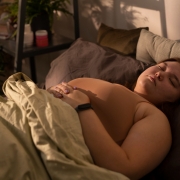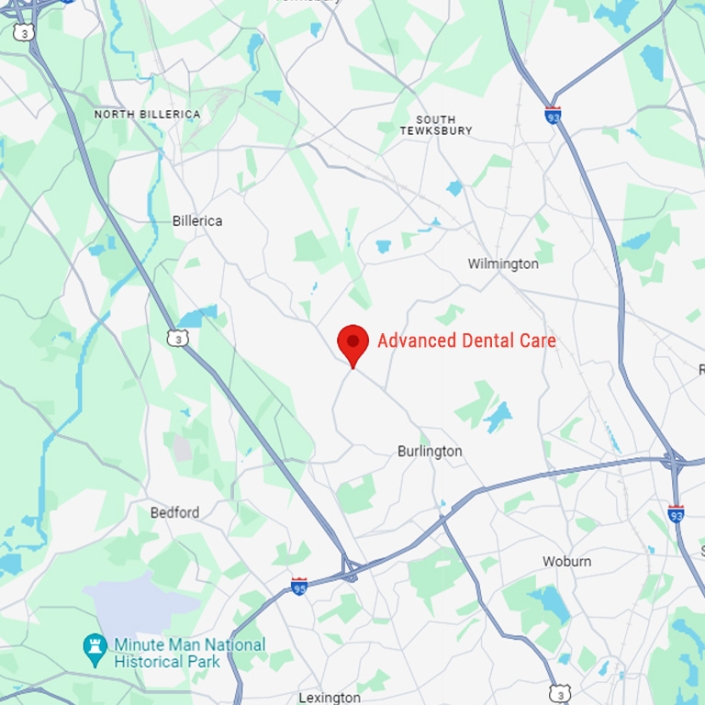Top 3 Reasons to See a Dentist for Sleep Apnea Treatment
Do you snore and have other signs of sleep apnea? If you already have a diagnosis, then you know how important it is to manage this sleep condition. But you might be surprised to learn that our dentists in Burlington, MA, at Advanced Dental Care can help with that. We offer effective ways to help treat sleep apnea!
Oral Appliances for Uninterrupted Sleep
Apnea happens when something blocks your airway during sleep, like tissue or your tongue. We can give you an oral appliance that helps your airway stay open, preventing you from waking up frequently while sleeping. This appliance can either stop your tongue from obstructing your airway or position your jaw to allow air to flow through uninterrupted.
Alternatives to CPAP Machines
Using one of these machines is a standard form of care for sleep apnea. But not everyone can use them. If you’re among those who need other options, our oral appliances can help you manage mild or moderate obstructive sleep apnea (OSA).
Improved Quality of Life
Seeking help from our dental office as part of your treatment plan benefits you in a few other important ways. When you manage symptoms of sleep apnea, you have better sleep quality and a lower risk of chronic health problems linked to this sleep disorder, like heart problems. That helps boost your quality of life overall!
Set Up an Appointment for Sleep Apnea Treatment!
Are you looking for help managing snoring and other symptoms? It’s important to get this sleep disorder under control — and we’re here to help. At Advanced Dental Care, we offer sleep apnea treatment in Burlington, MA, for mild or moderate OSA so you can enjoy more rest!







